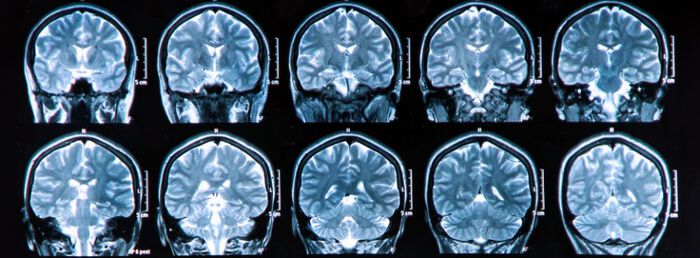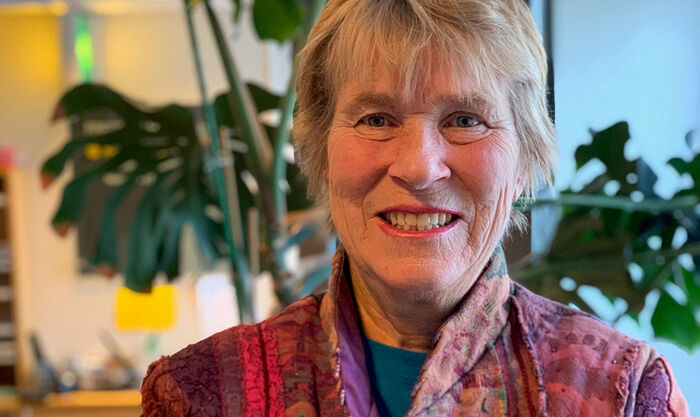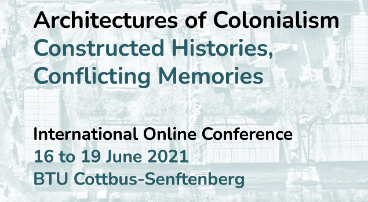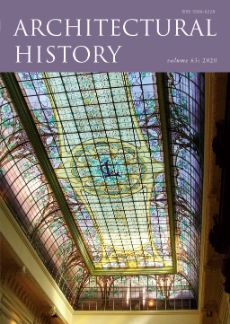Previous events - Page 29
NCMM invites to a mini-symposium in molecular and precision medicine.
Professor Samuli Ripatti, Assistant Director and Head of the Complex Disease Genetics group at the Institute for Molecular Medicine (FIMM), and Dr. Elisabeth Widén, Head of the Genomic Discoveries and Clinical Translation group at FIMM, will present their latest research.
Anders Jahre’s Senior Medical Prize for 2021 is awarded to Professor Poul Nissen, the Director of the Nordic EMBL Partnership’s Danish node, DANDRITE. On the occasion he will talk about his work at the Jahre lectures.
China’s rise to superpower status is the most important geopolitical change of our time. On November 3rd we are excited to host two international experts on this topic, Elizabeth Economy and Shaun Breslin, in discussion with China correspondent for the New York Times, Amy Qin.
The Centre for Gender Research and the FRONT project are hosting the first event in the seminar series Gender Inequality and Precarity in Academia in the European Context. In this webinar, Sevil Sümer will discuss the concept of gendered academic citizenship, focusing particularly on problems experienced by early-career academics, or “transitional” academic citizens.
Welcome to this seminar, where Danica Kragic, Professor at the School of Computer Science and Communication at the Royal Institute of Technology, KTH, will talk about human action modelling and human-robot collaboration.
NCMM Associate Investigators, Magnus Aronsen, Associate Professor and Head of the Experimental Cardiology Group at the Institute of Basic Medical Sciences, UiO, and Alicia Llorente, Senior Scientist at the Institute for Cancer Research, Oslo University Hospital, will present their research as part of the NCMM Tuesday seminar series.
Professor Johanne Sundby from the Department of Community Medicine and Global Health, turns 70! We welcome you to join her celebration seminar on Zoom.
‘Common prosperity’ is an important goal for the future development of the Chinese economy. This is a response to several decades of increasing inequality during the reform era. Which groups of the Chinese population have so far missed out on the advantages of rapid economic growth? What is their situation?
NCMM Associate Investigators Axel Sandvig, head of the Integrative Neuroscience Group at NTNU, and Kalle Malmberg, head of the Natural Killer Cell Biology and Cell Therapy at Oslo University Hospital, will present their research as part of NCMM's Tuesday seminar series.
Birgitte Stougaard Pedersen, Associate Professor at Aarhus University, will speak at RITMO's Seminar Series.
NCMM Associate Investigators, Nils Halberg, Associate Professor, University of Bergen, and Simona Chera, Professor at the University of Bergen, will present their research as part of NCMM's Tuesday seminar series.
China’s economic reforms have caused rapid growth for a period of forty years. The Chinese Communist Party’s gradualist approach to reform was not inevitable. What were the alternative routes and why were they abandoned? What new obstacles for further Chinese economic development may change its future course?
NCMM Associate Investigators, Dr. Even Rustad, Akershus University Hospital and Oslo University Hospital, and Rune Enger, Institute of Basic Medical Sciences, University of Oslo, will present their research as part of the NCMM Tuesday seminar series.
NCMM Associate Investigator, Dirk Linke, Professor for Molecular Microbiology at the Department of Biosciences, University of Oslo, will present his research as part of the NCMM Tuesday Seminar Series
NCMM Associate Investigator, Marianne Fyhn (Professor Section for Physiology and Cell Biology, Department of Biosciences, UiO), will present her research as part of the NCMM Tuesday Seminar series.
NCMM Associate Investigator, Jacob Odeberg (MD and Professor Institute for Clinical Medicine, University of Troms? and University Hospital of North Norway) will give the talk: 'Plasma proteomics in COVID-19' as part of NCMM's Tuesday Seminar series.
NCMM Associate Investigators, Tero Aittokallio (Professor Institute for Cancer Research Oslo University Hospital and Oslo Centre for Biostatistics and Epidemiology UiO) and Victor Greiff (Ass. Professor Institute of Clinical Medicine, UiO), will present their research as part of NCMM's Tuesday Seminar series



















